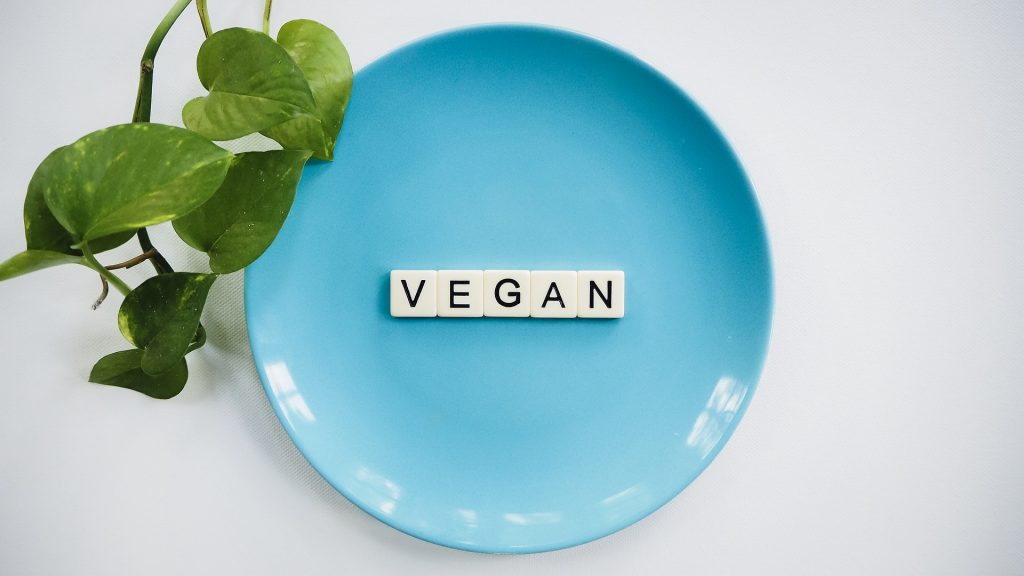Several vegan influencers have said they haven't stuck to the plant-based diets they promoted because it was seriously messing up their health.
There’s a new trend amongst some of social media’s top vegan influences: giving up veganism. Most claimed it was on their doctor's orders after they suffered a range of health problems from fatigue to nausea. Many have received a big backlash from former fans who see non-veganism and/or lying to followers as immoral. The Daily Beast, an American news website, wrote that the entire vegan YouTube community is “crumbling”.
Interestingly, the reason for this may have less to do with veganism and more to do with economics. A nutritionist quoted by VICE says that although vegan diets can be perfectly healthy, many of ways these influencers were eating - which included things like raw diets, cleanses and fasts - are not. But because the influencers relied heavily on such diet quirks to solidify a unique brand and consequently get sponsorship, followers and money, they felt compelled to stick with them until the side-effects were too much to bear.
Vegan influencers benefit from working in a rapidly-growing market: there’s been a 600 percent increase in the number of American vegans since 2014, for example. But this rapidly growing market also encourage lots of competitors to set up shop, especially since the job is both desirable (being an influencer is seen as lucrative and fun) and easy to get into (you don’t need a lot of wealth or skills to set up a YouTube channel). There’s also not much regulation around what influencers can and can't say on social media channels - they don't have to prove their diets aren't dangerous, for example.
This upshot is that ambitious influencers try to one-up each other and maximise their income by promoting their own diet/recipes/lifestyle as confering ever-better benefits, many of which may not hold up over time or scrutiny.
Read our explainer on: consumer choice theory.

